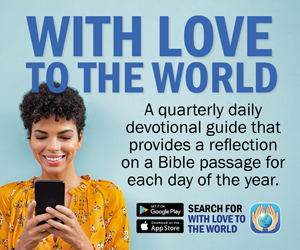I came across a story about a young North Korean defector, who tried to escape North Korea three times and failed, getting caught eventually. He succeeded a few later and became a citizen of South Korea, where he began to live a new life.
Despite his new life in the South, he was never truly happy because his mother was still alone in the North. He often cried at night, thinking that he should have to help her out. He worked hard and saved every bit of money he could to hire someone to bring her out of North Korea. However, after talking to several brokers, none of his efforts worked.
One day, he decided to rescue her himself. Late one dark night, he crossed the border from China into North Korea, but unfortunately a North Korean border guard caught him. The guard searched his bag. The worst part was that his South Korean passport was hidden at the bottom; if the guard found it, it would be the end of his life.
In a desperate move, he fought back, knocked him down, and ran. He made it to his home village and entered his mum’s place. A few days later, his mum got caught but he escaped this time, too. He was hiding in the nearby mountains for a week and decided to get back to South Korea for another plan to help her mum out.
Upon his arrival at the South, the South Korean police arrested him because going into North Korea without following the correct legal procedure was illegal. He served a year in jail and was released.
Once free, he started working two different jobs every day for two more years. He worked harder than ever to save enough money to hire a couple of experienced North Korean brokers for his mother to be brought safely out of the North. The long story short. He is now living a happy life with his mother in Seoul, Korea.
Now, I’ve got a question for you: How would you describe his character in one word?
My answer: Persistence or determination. He was absolutely determined to rescue his mother from the North. He planned, worked, fought, and sacrificed his freedom for years. He risked everything, including his own life, and refused to give up, no matter the cost or the time it took. That’s persistence.
Someone has said, “We don’t pray persistently to make God open a door. We pray persistently because it helps us find the path to His door and recognise God’s answer at His timing.” What an inspiration!
[Read more…]

